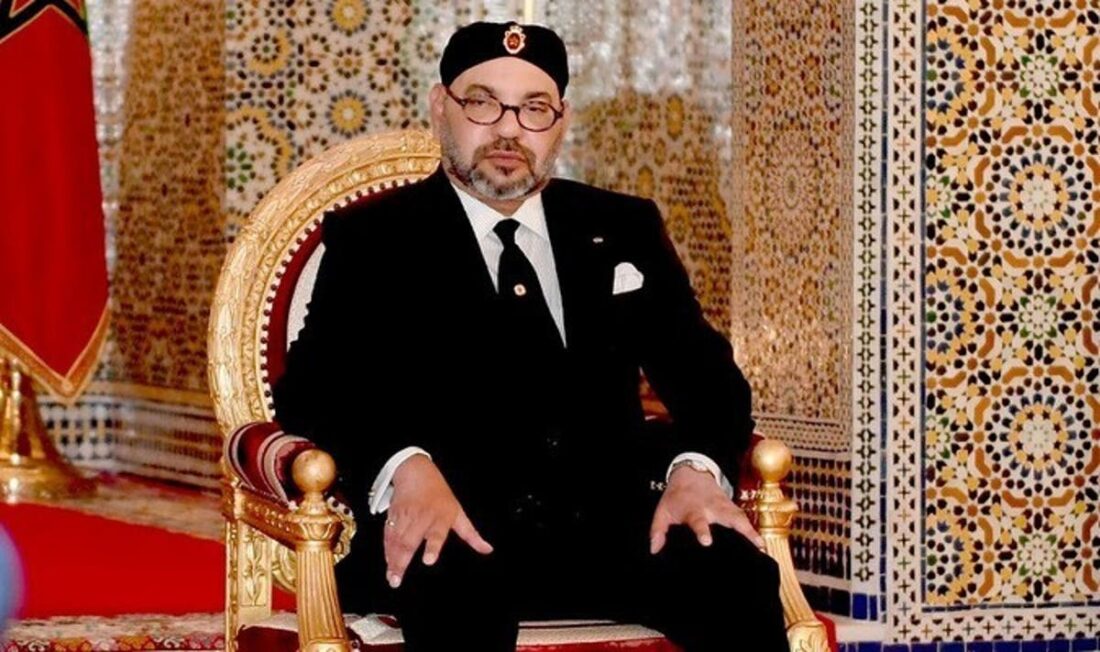Israel is on a diplomatic roll in the Arab world. In an unprecedented sequence of events since August, four Arab countries have agreed to normalize relations with Israel.
On December 10, Morocco became the fourth Arab state after the United Arab Emirates (August 13), Bahrain (September 11) and Sudan (October 23) to break the Arab boycott of the Jewish state and officially recognize Israel.
Apart from Sudan, three of these states are conservative monarchies, all closely aligned with the United States and the West.
U.S. President Donald Trump and his senior advisor and son-in-law, Jared Kushner, played a key role in this historic process.
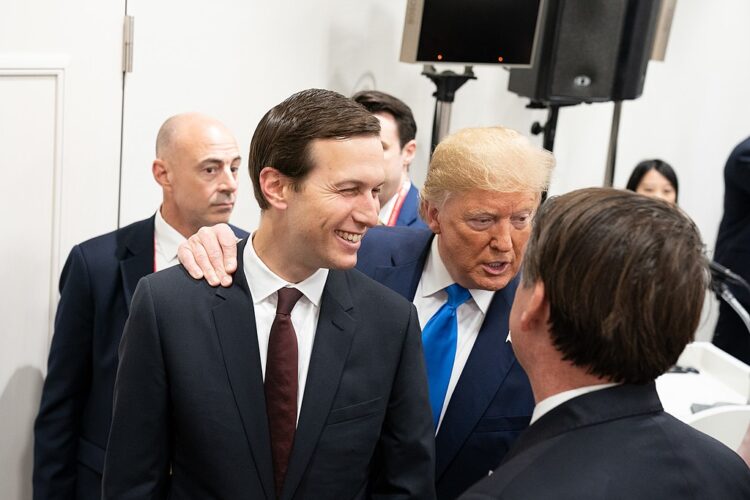
Trump announced Morocco’s inclusion in what has become known as the Abraham accords. “Another HISTORIC breakthrough today! Our two GREAT friends Israel and the Kingdom of Morocco have agreed to full diplomatic relations — a massive breakthrough for peace in the Middle East!” he tweeted.
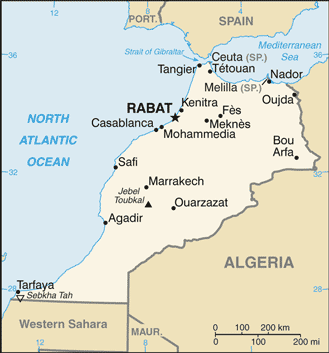
In exchange for Morocco’s recognition of Israel, the Trump administration recognized its sovereignty over the disputed Western Sahara, a former Spanish colony. Morocco annexed it in 1975, but it is claimed by the Sahrawi Democratic Arab Republic, which is recognized by 38 countries and hosts the Polisario Front, the armed separatist group fighting for Western Sahara’s independence.
As an added sweetener, the U.S. promised to open a consulate in the Western Saharan city of Dakhla, channel $3 billion worth of investments into Morocco, and sell the Moroccan armed forces a $1 billion arms package of drones and munitions.
This brand of transactional diplomacy figured prominently in Israel’s normalization pacts with the United Arab Emirates and Sudan.
The United Arab Emirates joined the circle of peace after Israel suspended its controversial plan to annex the Jordan Valley and its array of settlements and outposts in the West Bank. After the deal was announced, the United Arab Emirates was assured it would be permitted to buy F-35 fighter jets and Reaper drones from the United States. Israel acceded to the arrangement following a U.S. pledge to preserve Israel’s qualitative military edge over neighboring Arab nations.
Sudan signed on after the United States promised to remove it from a list of states sponsoring terrorism, thereby granting the Sudanese government normal access to global financial institutions. The Trump administration implemented this promise on December 14.
These tangible U.S. concessions were reminiscent of conditions Israel honored in its peace treaties with Egypt and Jordan in 1979 and 1994.
Israel agreed to withdraw from the Sinai Peninsula, captured from Egypt in the Six Day War, and to pull out of small swaths of territory claimed by Jordan. Israel also undertook to supply Jordan with 50 million cubic meters of water a year.
Like the United Arab Emirates, Bahrain and Sudan, Morocco did not insist on a resolution of the Palestinian problem before joining the Abraham accords club. But the Moroccan king, Mohammed VI, called Mahmoud Abbas, the president of the Palestinian Authority, to reaffirm his commitment to Palestinian statehood.
The Moroccan prime minister Saad-Eddine El Othmani, an Islamist who has denounced the Arab rapprochement with Israel, remained conspicuously silent after Trump’s tweet. But his adviser, Nizar Khairoun, said, “Israel is an occupying power that usurps the rights of the Palestinians.”
Othmani, in a statement released on December 11, said that the kings’s position in support of the Palestinian cause “remains unshakeable, and that Morocco places it at the same level of Sahara issue.”
Israeli Prime Minister Benjamin Netanyahu was euphoric. Speaking at a candle-lighting ceremony at the Western Wall on the first night of Chanukah, he said, “This will be a very warm peace. The light of peace has never shone brighter than today in the Middle East.”
Praising the king’s move to normalize relations with Israel, Netanyahu said the relationship between the peoples of both countries “has long been characterized by sympathy, respect, fondness and love.”
This was surely a hyperbole, given the pogroms and bitter feelings that erupted in Morocco after the first Arab-Israeli war, the subsequent flight of tens of thousands of Moroccan Jews to Israel, France and Canada, and Morocco’s participation in Arab-Israeli wars.
Upwards of one million Israelis are of Moroccan descent, and at least 50,000 Israelis visit Morocco annually on pilgrimages. They are allowed in with their Israeli passports.
Prior to 1948, 250,000 Jews lived in Morocco, which had the largest Jewish community in the Arab world. It has since dwindled to 3,000 to 4,000. When I visited Morocco in 1978, it was home to approximately 30,000 Jews.
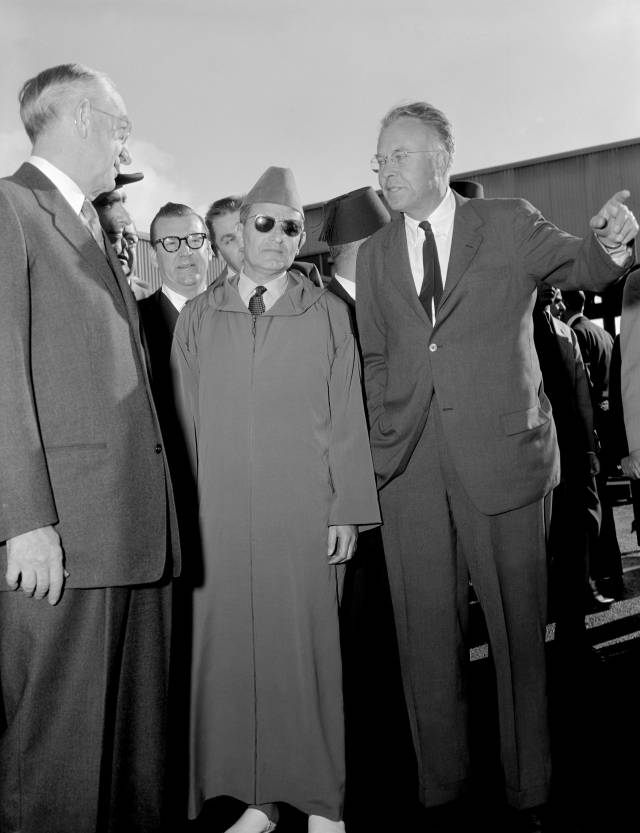
Israel and Morocco have had covert intelligence and military ties for decades now. King Mohammed VI’s father, King Hassan II, who died in 1999, started this mutually beneficial relationship in the early 1960s.
King Hassan II invited the then Israeli prime minister, Yitzhak Rabin, to Morocco for a secret visit in 1976.
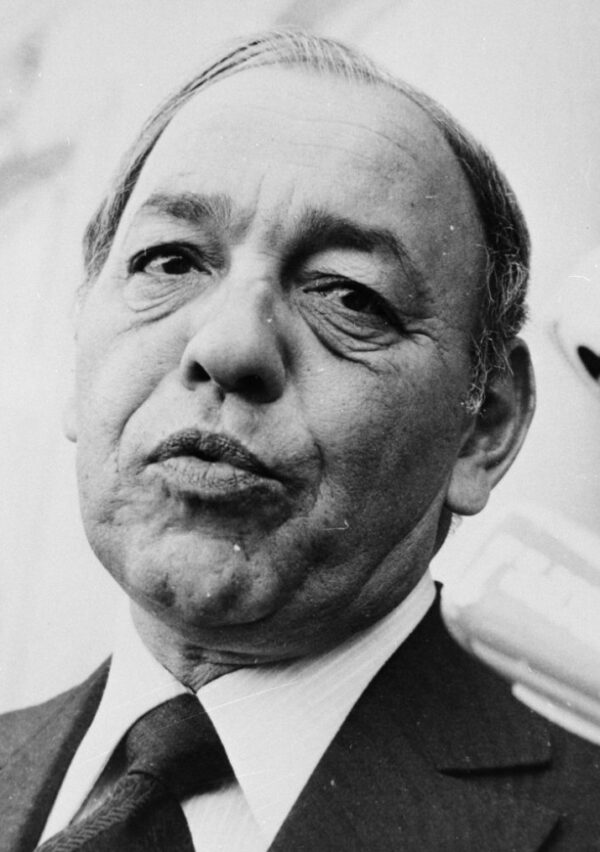
In 1977, he facilitated Egyptian President Anwar Sadat’s visit to Jerusalem in November of that year. The then Israeli foreign minister, Moshe Dayan, went to Morocco twice to meet Egyptian diplomat Hassan el-Touhany. He and Dayan were instrumental in laying the groundwork for Sadat’s path-breaking trip, which led to Israel’s peace treaty with Egypt.
King Hassan II met Shimon Peres, the then Israeli prime minister, at the Ifrane ski resort in Morocco in July 1986. When news of the meeting leaked to the press, Syria severed its relations with Morocco.
Following his reelection as prime minister in 1992, Rabin, accompanied by Peres, the foreign minister, paid a visit to Morocco to discuss the new Oslo peace process. Rabin laid a wreath at the grave of King Hassan II’s father, King Mohammed V, who protected Moroccan Jews during the Vichy period in World War II.
Buoyed by the promise of Oslo, Israel and Morocco established liaison offices in each other’s countries in 1994 as a first step toward normalizing relations. Morocco thereby became the second Arab country after Egypt to forge open and official relations with Israel, Peres noted.
“This is a change of the first degree,” he said. “This is the first step in the direction of creating a new region.” Expressing optimism that the Moroccan and Israeli missions in Rabat and Tel Aviv were a precursor to full diplomatic relations, he added, “I assume that after this agreement other agreements will follow. It is the nature of things in diplomacy. You start with a first step, which opens the door and I believe the rest will follow.”
Much to Peres’ disappointment, Morocco reneged on the agreement after the outbreak of the second Palestinian uprising in September of 2000. Morocco closed its mission in Tel Aviv in 2002, forcing Israel to shutter its office in Rabat.
Twenty years on, Israel and Morocco are embarking on a new chapter in their checkered bilateral relations.
Shortly after Trump disclosed that Israel and Morocco were heading toward normalization, King Mohammed VI disclosed that Morocco would advance relations with Israel in three separate steps.
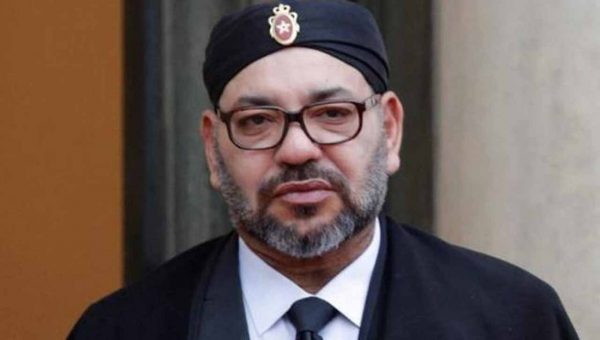
First, direct commercial flights between Israel and Morocco will begin. Second, Morocco will seek to “resume official bilateral ties and diplomatic relations (with Israel) as soon as possible” by reopening the liaison offices. Third, Morocco will try “to develop innovative relationships (with Israel) in the economic and technological fields.”
In explaining his decision to normalize ties with Israel, King Mohammed VI cited two factors: “the historical role that Morocco has played in bringing the peoples of the region together and supporting security and stability in the Middle East, and the special ties that bind the Jewish community of Moroccan origin, including those in Israel,” with Morocco’s monarchy.
Not surprisingly, he omitted the Western Sahara from his explanation, but this is the compelling factor that ultimately galvanized him to follow the path of normalization with Israel.
Morocco’s foreign minister, Nasser Bourita, put a different spin on the latest developments.
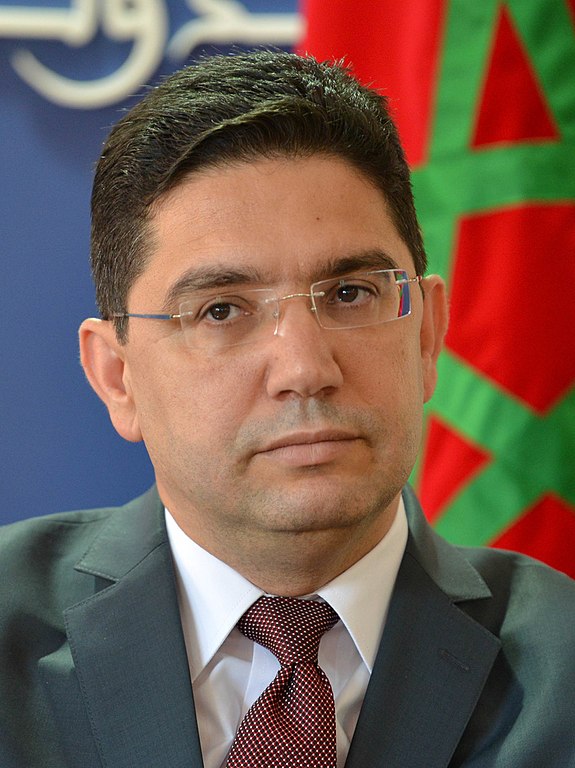
“Israel’s relations with Morocco are special and can’t be compared to the relations that Israel has with any other Arab country,” he said. “From our perspective, we aren’t talking about normalization because relations were already normal. We’re talking about (re-formalizing) the relations between the countries to the relations we had, because there have been relations the entire time. They never stopped.”
